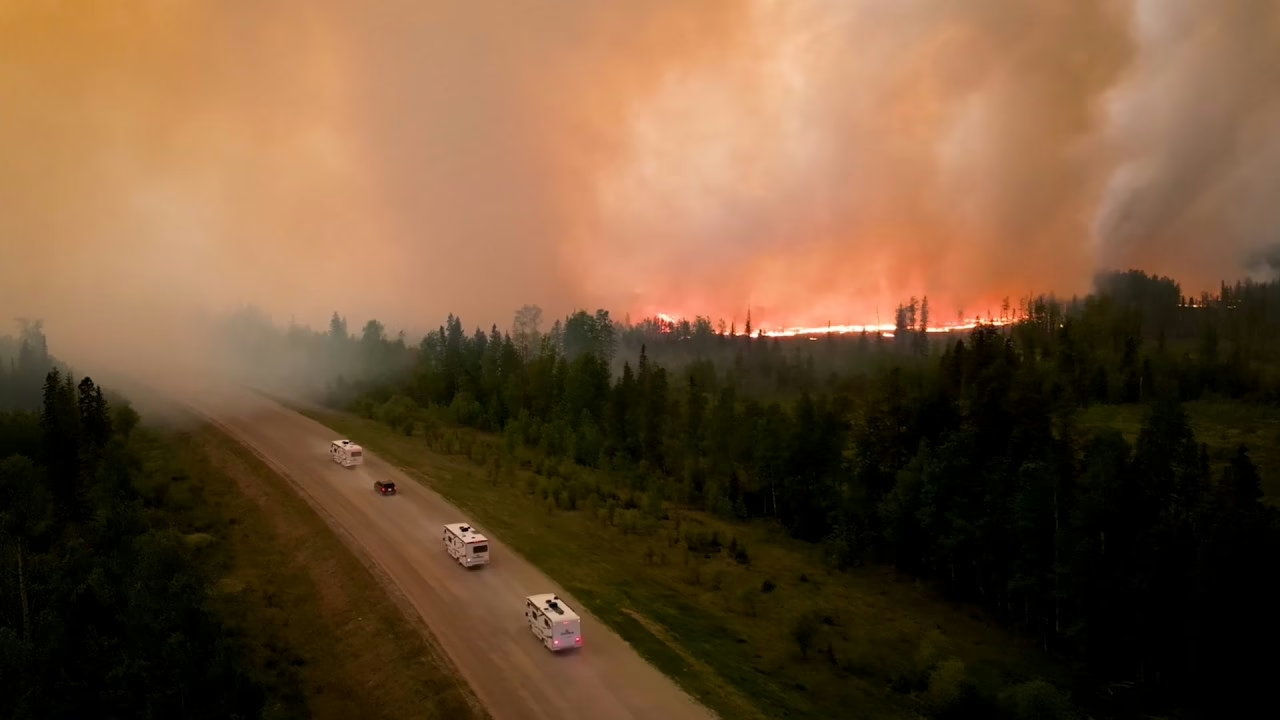Tag: Ojibwe
Wildfires are getting worse. Can an old technique help control them?
Although wildfires are commonly associated with the West, the Great Lakes region has seen its share of destructive blazes. Lee Frelich, director of the University of Minnesota Center for Forest Ecology, warns that we will likely see more wildfires due to heat waves and droughts caused by climate change.
Vern Northrup is a former fireman and is a member of the Fond du Lac Band of Ojibwe.
Chequamegon Bay Superfund site: History, environmental impact and its importance to Indigenous communities
Chequamegon Bay plays a significant role in our human lives, including past residents like the Huron and Ottawa; and current residents, the Ojibwe-Anishinaabeg, who have gathered and made history there for a millennia. An oblong, shallow bay (61 feet at the deepest point), on the south shore of Lake Superior, the water also holds dark history as a federal Superfund site.
Azhigwa Zhiiwaagamiziganike or She Makes Maple Sugar Right Now
“Nibi Chronicles,” a monthly Great Lakes Now feature, is written by Staci Lola Drouillard. A Grand Portage Ojibwe direct descendant, she lives in Grand Marais on Minnesota’s North Shore of Lake Superior. Her nonfiction books “Walking the Old Road: A People’s History of Chippewa City and the Grand Marais Anishinaabe” and “Seven Aunts” were published 2019 and 2022, and the children’s story “A Family Tree” in 2024.
Nibi Chronicles: Invisible Borders
“Nibi Chronicles,” a monthly Great Lakes Now feature, is written by Staci Lola Drouillard. A Grand Portage Ojibwe direct descendant, she lives in Grand Marais on Minnesota’s North Shore of Lake Superior. Her nonfiction books “Walking the Old Road: A People’s History of Chippewa City and the Grand Marais Anishinaabe” and “Seven Aunts” were published 2019 and 2022, and the children’s story “A Family Tree” in 2024.
How do you heal a sacred lake?
For over 70 years, a massive U.S. Steel plant on the shores of Spirit Lake near Duluth, Minnesota dumped toxic waste into the water, causing lasting environmental damage to this sacred site.
Spirit Lake, once a vital ecosystem rich in fish, wild rice, and wildlife, was central to the homeland of the Fond du Lac Band of Lake Superior Chippewa.










